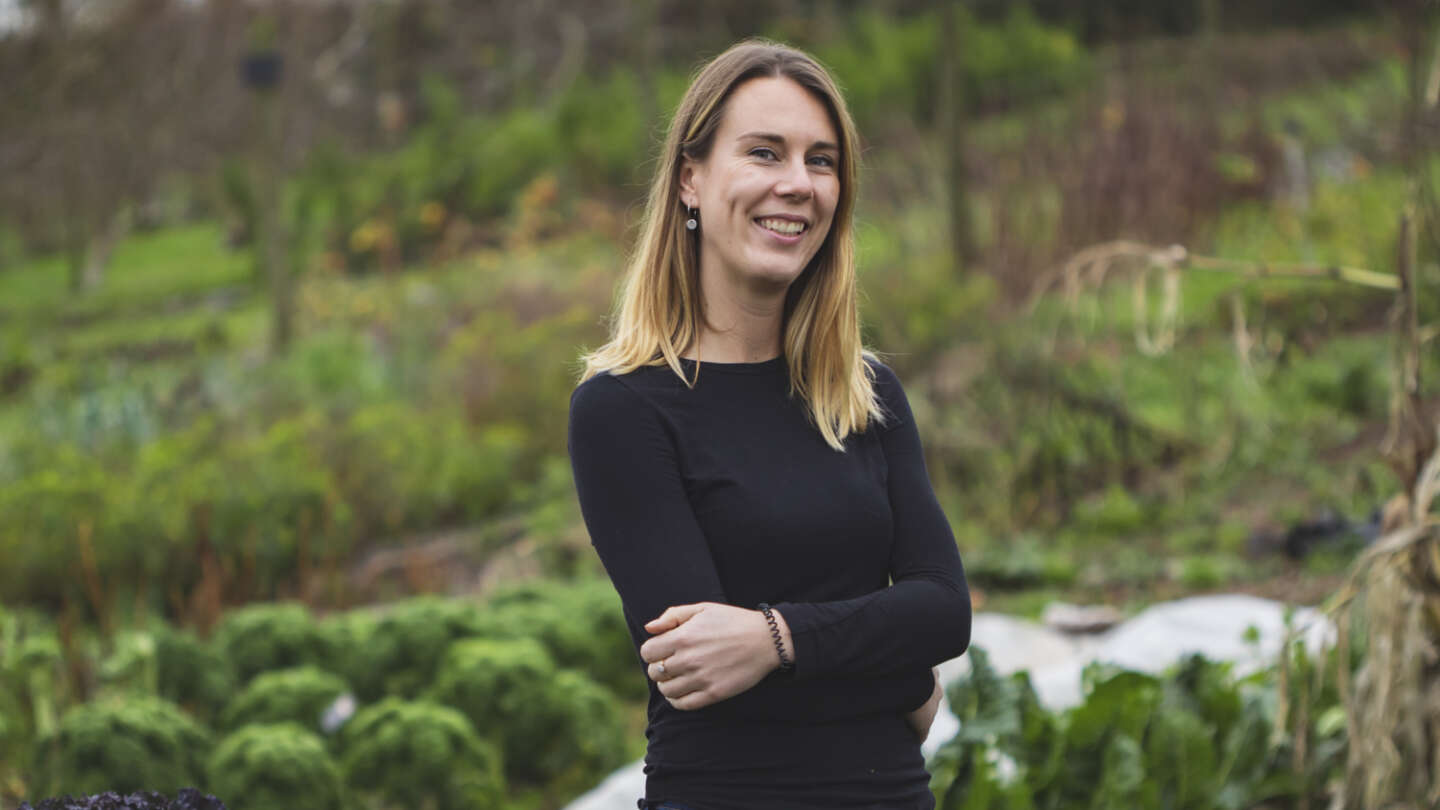Why your garden is a gateway to farming

Gardening can be difficult. Even if you’re a long-time organic gardening expert, sometimes there’s just nothing you can do about erratic weather or a wave of pests. And it’s this awareness of just how much hard work (and luck) goes into producing a healthy crop of food that connects your garden with the world of farming.
Traditionally, farming and gardening have been treated separately. But linking them up, as we do at Wicked Leeks magazine - and through our partnership and monthly column from Garden Organic - can yield compelling stories and valuable new understanding.
Farming and food
Gardening can be a gateway to understanding where food comes from, how to protect soil and nurture wildlife. It’s an escape and mental health balm when the news becomes too much. It’s also an easy way to feel part of the big (and sometimes scary) conversations around climate and nature crises. Radical gardener Sara Venn told me in an interview recently how gardening, restoring soil and producing food helps people counter eco-anxiety and feel part of a solution.
Our former Wicked Leeks cover star and now regular columnist Poppy Okotcha believes gardening can be a blueprint for social change. Not just through food self-sufficiency, but through an understanding of the need for connections with other sustainable food systems.
Gardeners can also empathise with how farmers feel locked into a system involving ever more chemical quick fixes. Garden centre aisles are packed with an astounding array of toxic chemicals, despite evidence of their harmful effects. And these same chemicals are sold to farmers via catalogues and highly sophisticated salespeople.
Land management schemes
There are some issues that are more specific to farmers, of course. You may have heard of the Environmental Land Management schemes (ELMs), which is the government’s new plan for how to pay farmers after EU agriculture subsidies were removed post-Brexit.
There was outrage, recently, when it appeared Defra’s new environment minister (he has since left the post) was planning on ‘reviewing’ the scheme. Although not perfect, it would have helped farmers begin a financially supported journey to nature-friendly farming.
As Sarah Langford so beautifully expresses it in her new book Rooted, farmers are as much a victim of intensive farming as the planet is. You only have to go back a little further to post-World War II, to understand how they were simply doing what they were told.
I think there is a huge power in tracing farming and gardening connections, as they can form the basis for social movements that could affect real change.
Currently, for example, there is a huge momentum behind a new group of self-described ‘regenerative farmers’, seeking to restore soil and nature while producing food. They meet annually at Groundswell festival in Hertfordshire and have begun to welcome cooks and chefs. Wouldn’t it be great if an army of sustainable gardeners arrived to join the party next year? It would certainly become even harder to ignore the grassroots support for a fixing our broken planet.
So, while you might be working on square metres rather than acres, you have much more in common with farmers than you might believe. Something to ponder, at least, while you’re digging.
Nina Pullman is the editor of Wicked Leeks, the magazine for sustainable food and ethical business, published by organic veg box company Riverford. Free to read online, Wicked Leeks aims to join the dots between the joy of eating and the impact of our choices. For news, opinions and interviews on food and farming, you can sign up to the Wicked Leeks free weekly edition and receive its latest stories by email. Sign up here.